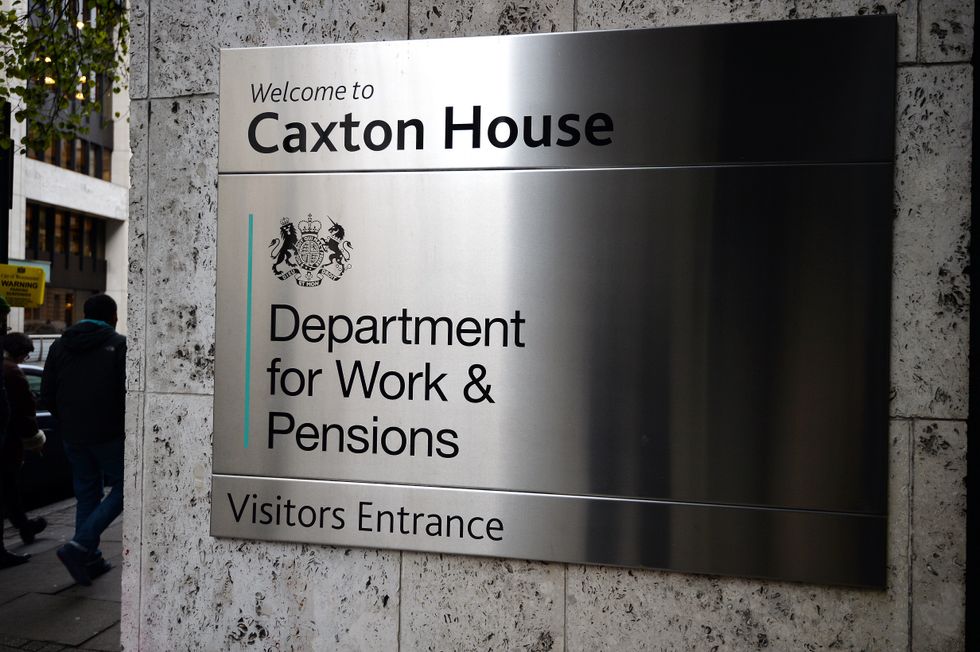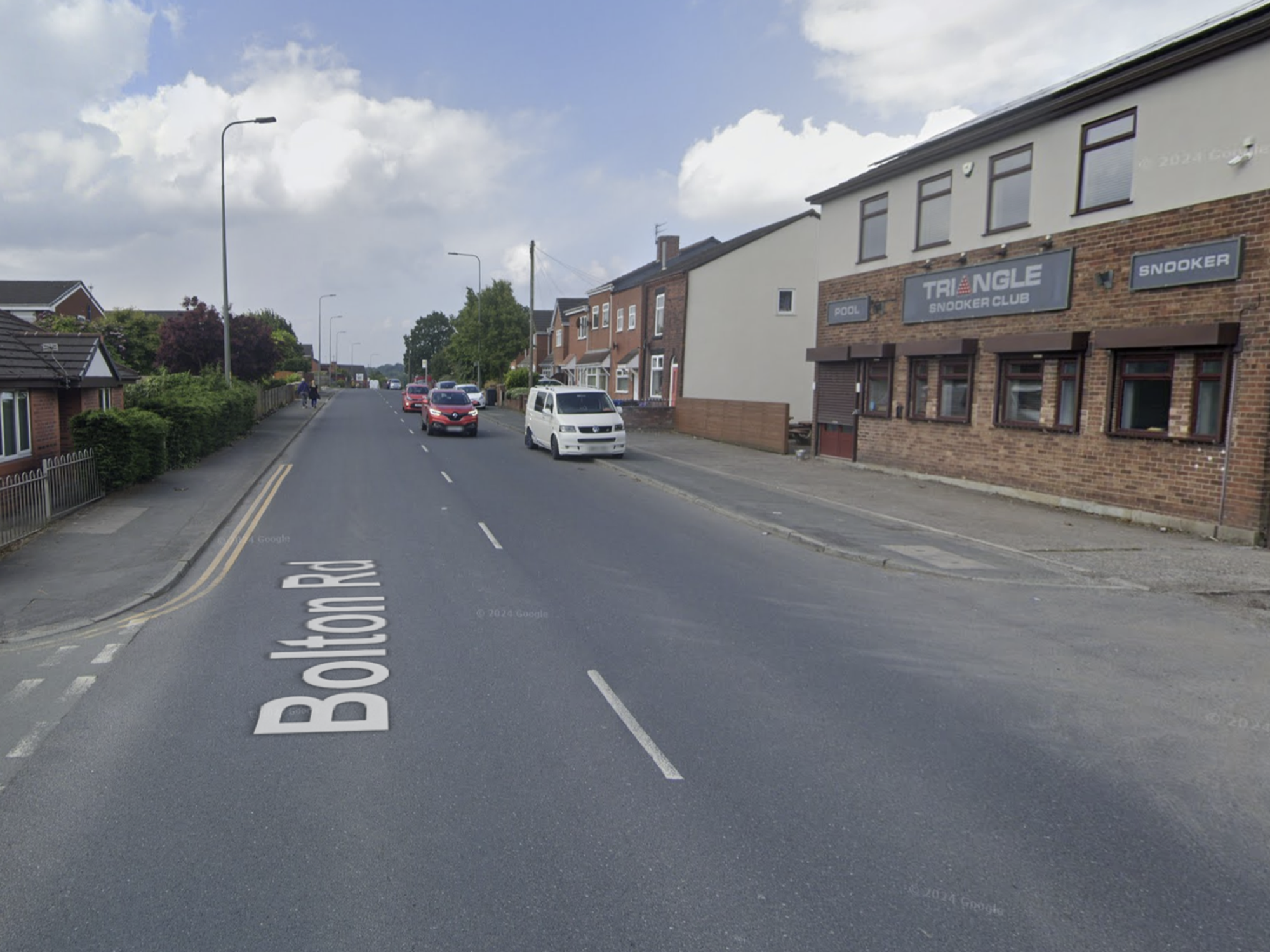Britons with long Covid could be eligible for £172 a week help from the DWP

People with long-term illnesses could get support via Personal Independence Payment (PIP)
Don't Miss
Most Read
Britons who are suffering from long-term Covid-19 could be eligible for disability benefits support, which is paid by the DWP.
PIP is the main payment administered by the Government to assist those with the financial costs that arise from having a long-term health condition or illness.
Thousands of people are still dealing with Covid-19 symptoms or the physical ramifications of having the virus.
The DWP has added long Covid-19 to the list of medical conditions which make someone eligible for PIP.
Do you have a money story you’d like to share? Get in touch by emailing money@gbnews.uk.

Long Covid is now one of the qualifying medical conditions for PIP
|GETTY
According to the latest DWP statistics, some 12,841 Britons claim the disability benefit for an infectious disease as of October 2023.
Furthermore, 10,975 people have been awarded PIP for having a viral illness, which includes 5,808 claimants for Covid.
In October 2022, 4,712 Britons PIP recipients were on the benefit to help with the financial costs for having long Covid long-term.
Long Covid was added to the DWP’s list of qualifying medical conditions for PIP in March 2021.
How much is PIP?
How much someone gets from the DWP’s primary benefit payment depends on their condition and how it affects them.
PIP is made up two parts: a daily living component to cover everyday costs and a mobility component to help with the expense of travelling; both are which are paid at a higher and lower rate.
The higher weekly rate of the daily living component is £101.75, while the lower rate comes to £68.10 a week.
In comparison, the mobility component’s higher rate pays £71 a week, while the lower rate is £26.90. Someone in receipt of the higher rate of both components would get £172.75.
LATEST DEVELOPMENTS:
 The DWP is the department responsible for PIP claims and reviews | PA
The DWP is the department responsible for PIP claims and reviews | PAWhat are the symptoms of long Covid?
The NHS lists many symptoms as being most commonly associated with having long Covid, including fatigue, loss of smell, shortness of breath and muscle aches.
There are also other symptoms someone can have after having a Covid-19 infection which lead to them wanting support.
These include:
- problems with your memory and concentration ("brain fog")
- chest pain or tightness
- difficulty sleeping (insomnia)
- heart palpitations
- dizziness
- pins and needles
- joint pain
- depression and anxiety
- tinnitus, earaches
- feeling sick, diarrhoea, stomach aches, loss of appetite
- a high temperature, cough, headaches, sore throat, changes to sense of smell or taste
- rashes.











